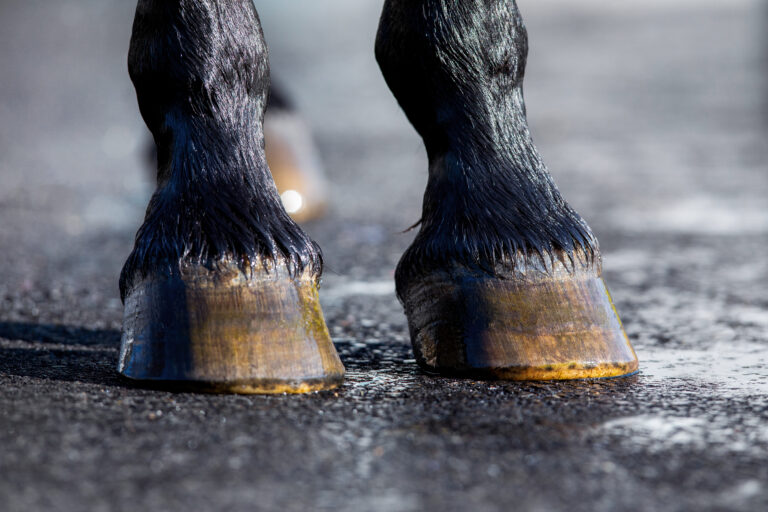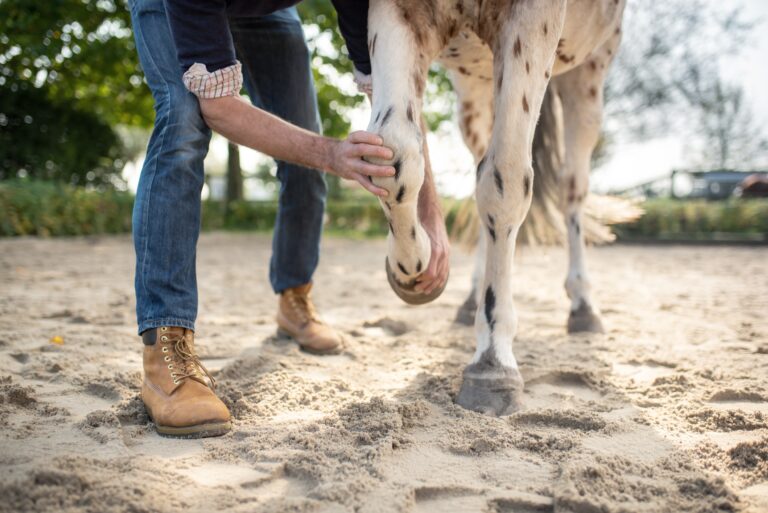
The Riverside County Department of Animal Services in California and DonkeyLand—a 501(c)(3) rescue in California—reported that about 46 burros (wild donkeys) in the area have died during an equine influenza outbreak since mid-October, and more are expected to succumb to the disease.
DonkeyLand reported on its Facebook page that 50 or more donkeys in the wild are coughing or showing severe signs of respiratory problems.

“Most of the deaths are occurring in the Reche Canyon area, but about six have occurred in Moreno Valley Animal Services’ coverage area in the interface of the foothills along Pigeon Pass Road, Heacock Street (which becomes Reche Vista Drive) and Redlands Boulevard,” noted the Riverside County Department of Animal Services website
That organization noted that assisting the donkeys are California Department of Food and Agriculture veterinarians, DonkeyLand Rescue, Moreno Valley Animal Services and San Bernardino County Animal Care & Control.
The public is encouraged to avoid contact with the wild burros and to keep domestic horses away from fencelines where sick wild burros might have close contact with those horses and expose them to influenza.
The Riverside County Department of Animal Services noted that “Riverside County, Moreno Valley and San Bernardino County officers will assist with transporting sick burros, when it is possible, to the nonprofit organization DonkeyLand for isolation and care. DonkeyLand’s staffers—and its veterinarian, Paul Wan, DVM, DACVS, Cert. VBM, of SoCal Equine Hospital—will vaccinate and monitor the burros before releasing them back to the wild.” (Check out DonkeyLand’s Facebook page here.)
Wan said that SoCal Equine Hospital provides pro bono services to DonkeyLand, which assists animal control with the wild burros. He said staff at DonkeyLand will pick up sick animals and some of those hanging around the sick burros. Then they either take them to the DonkeyLand facility or transport the sick animals directly to the SoCal Equine Hospital, and veterinarians care for those needing medical attention.
Wan said the “well” donkeys will be vaccinated against influenza and other diseases before they are released. He said they are using the Merck Flu Avert I.N. (intranasal) vaccine in the face of the outbreak in the donkeys because it only needs one dose to last for a year.
“We need to make sure equines [in the area] get vaccinated [against equine influenza] if they live around the donkeys,” said Wan. He stressed that horse owners in the area need to undertake good biosecurity along with vaccination to avoid domestic horses getting the flu or spreading it into the wild donkey herds.
He noted that donkeys are more susceptible to equine influenza and develop severe secondary bacterial infections that are killing the animals. Wan said the veterinarians treat the donkeys intensively—including use of IV fluids and antibiotics—to try and get the animals well enough to receive long-term nursing care at DonkeyLand and eventually be released.
Officials are attempting to tag and remove all dead donkeys. DonkeyLand provided these numbers if you find a dead donkey or a sick donkey needing assistance:
- Riverside County Department of Animal Services (951) 358-7387
- Moreno Valley Animal Control (951) 413-3790
- Redlands Animal Control (909) 798-7644
- San Bernardino County Animal Care & Control 1(800) 472-5609
EquiManagement will continue to follow this story.
For more information about equine influenza read this AAEP Fact Sheet.




